Requisitions on title are essentially questions relating to the sale of a property drawn up by lawyers.
During the conveyancing process, and within 21 days from the date of the contract, the Purchaser’s legal representative will make general and specific enquiries of the Vendor about the property and about title to the property.
Requisitions may include questions not addressed in the contract or simply query matters not discoverable upon inspection of the property. Requisitions can be wide ranging from asking if any building works have been carried out to the property with or without development consent or question if there has been any dispute with a neighbour about a dividing fence. Subject to the nature of the property e.g. a free standing home or a strata unit, requisitions on title can and do vary.
There are four categories of requisitions on title:
- Requisitions as to title – these relate to dealings that may or may not be registered on the title deed that may burden or benefit the land such as easements and covenants, or relate to other dealings such a caveats or mortgages registered on the title but requiring removal on or before the completion of the contract.
- Requisitions as to property – which may include enquiries about survey reports, building works or information about existing tenancies, if applicable.
- Requisitions as to general enquiries – e.g. information relating to adjustments on settlement, documents to be handed over on completion and other aspects of the conveyance.
- Requisitions as to reminders – these are reminders to both parties to ensure that the Contract is complied with. For example, if there is a mortgage on the title deed the mortgage must be discharged prior to completion, or if the Contract specifies vacant possession, the property must be made vacant on completion.
While much of the information sought by way of requisition is covered by the Vendor’s duty of disclosure, there are some matters that are not covered.
Purchasers should always adopt the adage “Caveat emptor” or ” buyer beware” and seek out as much information as they can about a property’.
The Vendor must answer requisitions on title honestly and to the best of his/her ability. There can be repercussions to a vendor who fails to disclose information or provides misleading information.
Consequences of Incorrect Replies to Requisitions on Title
Where a purchaser, relying on a false answer has suffered a loss, a vendor may be sued for damages. This can also apply to an incorrect answer given unintentionally by the Vendor
Under the terms of the Contract, should a Vendor be unable or unwilling to reply to a requisition, the Vendor may rescind the Contract but only if:
- the Purchaser has made a proper requisition; or
- the Vendor is acting on reasonable grounds without an ulterior purpose.
Should the Vendor choose to rescind the contract, he/she must first give the purchaser written notice of their intention to do so and give the Purchaser reasonable time to waive the requisition.
To speak to the LSW Lawyers Property Law team about Requisitions on Title or any aspect of Buying and Selling Property, contact us here. From the buying and selling of property through to property leasing, strata management and property development related issues, our decades of experience will shine through every time.
Important Disclaimer: The content of this publication is general in nature and for reference purposes only. It is current at the date of publication. It does not constitute legal advice and should not be relied upon as such. Legal advice about your specific circumstances should always be obtained before taking any action based on this publication.












